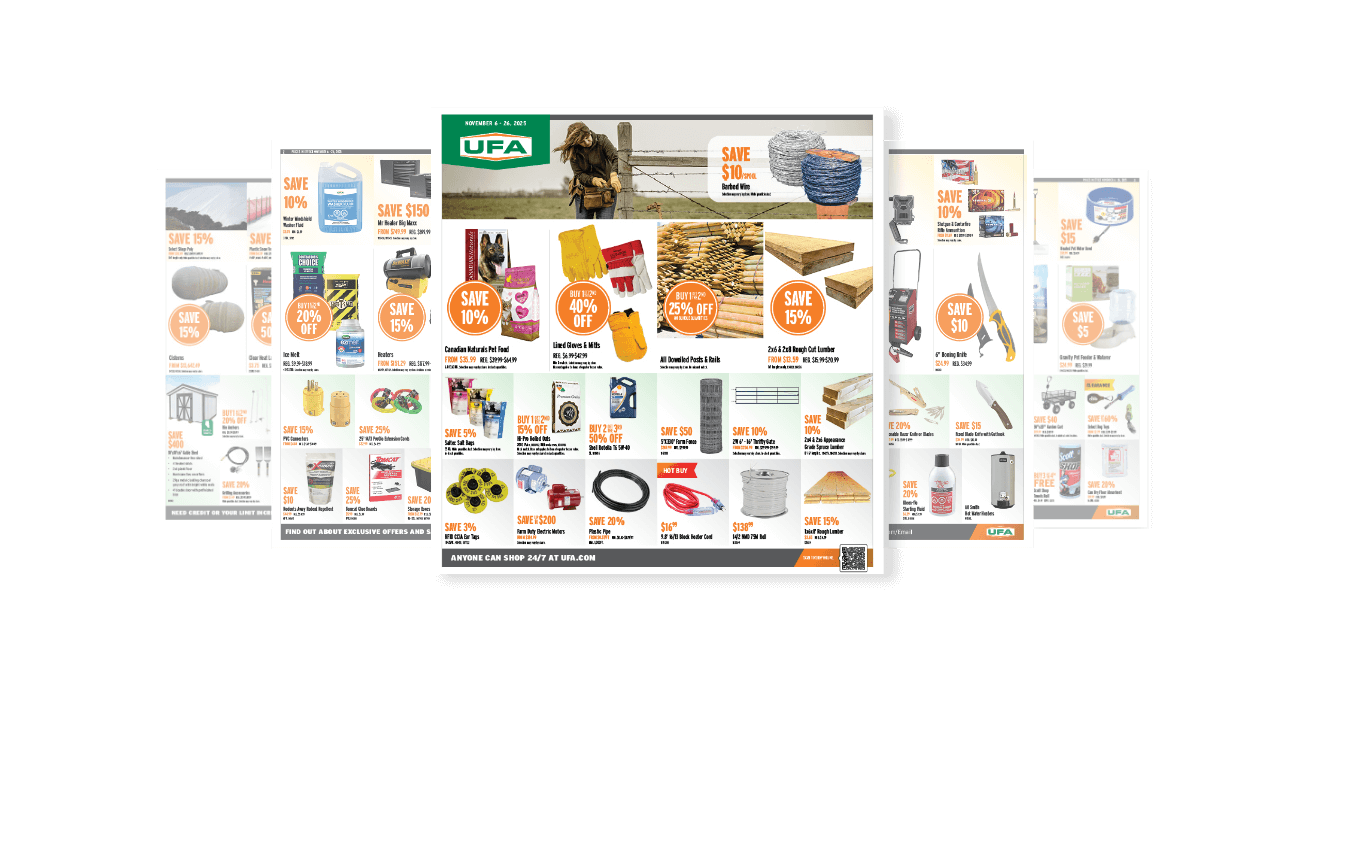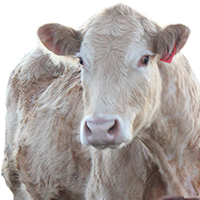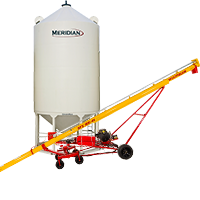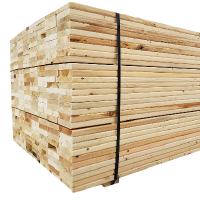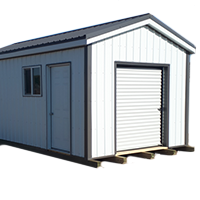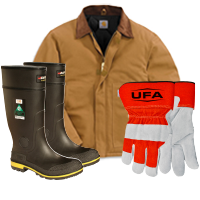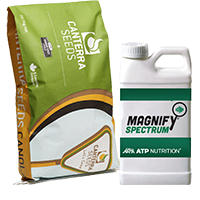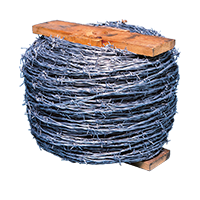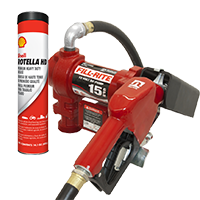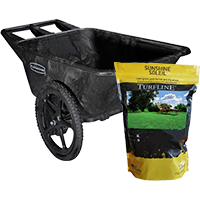
Apply For a Fuel Card
For fleet or farm, you can fuel up 24/7, 365 at over 100 convenient cardlocks across AB, SK and BC.

Flyers and Offers with Savings
Find deals, new products, and exclusive offers. Be in the know. Get in on the savings.

Paperless Statements
You have options when it comes to receiving your monthly UFA statement.
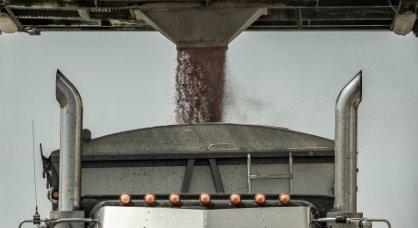
Enjoy 0% Interest
Secure your fall fertilizer between October 1 and December 25, 2025, using UFA Credit or FCC Financing.
